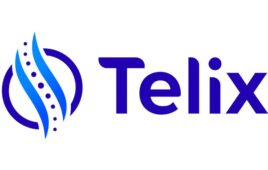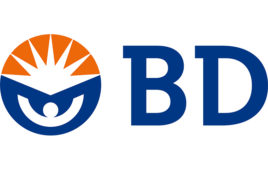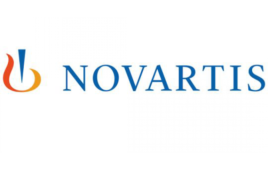LINDA A. JOHNSON AP Business Writer TRENTON, N.J. (AP) — Partner drugmakers Schering-Plough Corp. and a Johnson & Johnson unit said Monday their biologic medicine for multiple types of immune-related arthritis has won its first approval, from Canadian regulators. Health Canada granted approval for likely future blockbuster Simponi. Known generically as golimumab, it’s for moderate to severe rheumatoid arthritis, psoriatic arthritis and ankylosing spondylitis, a painful, progressive form of spinal arthritis. All three are debilitating chronic disorders in which the immune system attacks multiple joints, causing stiffness, pain and restricted motion. The drug, given as a once-a-month shot just under the skin, is awaiting approval by the U.S. Food and Drug Administration and the European Medicines Agency. Executives at Kenilworth, N.J.-based Schering-Plough have touted golimumab — a biologic drug, produced in living cells rather than manufactured from chemicals — for quite some time as one of the “five stars” in their pipeline of late-stage drugs in development. That drug and its predecessor, Remicade, are among the reasons neighboring drugmaker Merck & Co., of Whitehouse Station, N.J., is acquiring Schering-Plough for $41.1 billion. The deal is seen as an effort to fill in gaps in Merck’s near-term drug development efforts, as well as boost revenue and enable further cost cutting. But Schering-Plough and J&J share marketing rights to Remicade, which brings Schering roughly $2 billion a year in sales. So Merck has structured its purchase of Schering-Plough as a reverse merger in hopes of avoiding change-of-control provisions in Schering’s deal with J&J. J&J has not responded to numerous questions about what it will do on that issue. Goluimumab was discovered and developed by New Brunswick, N.J.-based Johnson & Johnson’s Centocor Ortho Biotech Inc. unit. Centocor has exclusive U.S. marketing rights to the drug. Schering-Plough gets exclusive marketing rights outside the United States — except in China, Japan and a few other Asian countries, where other companies will sell it.




